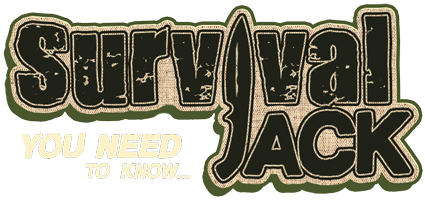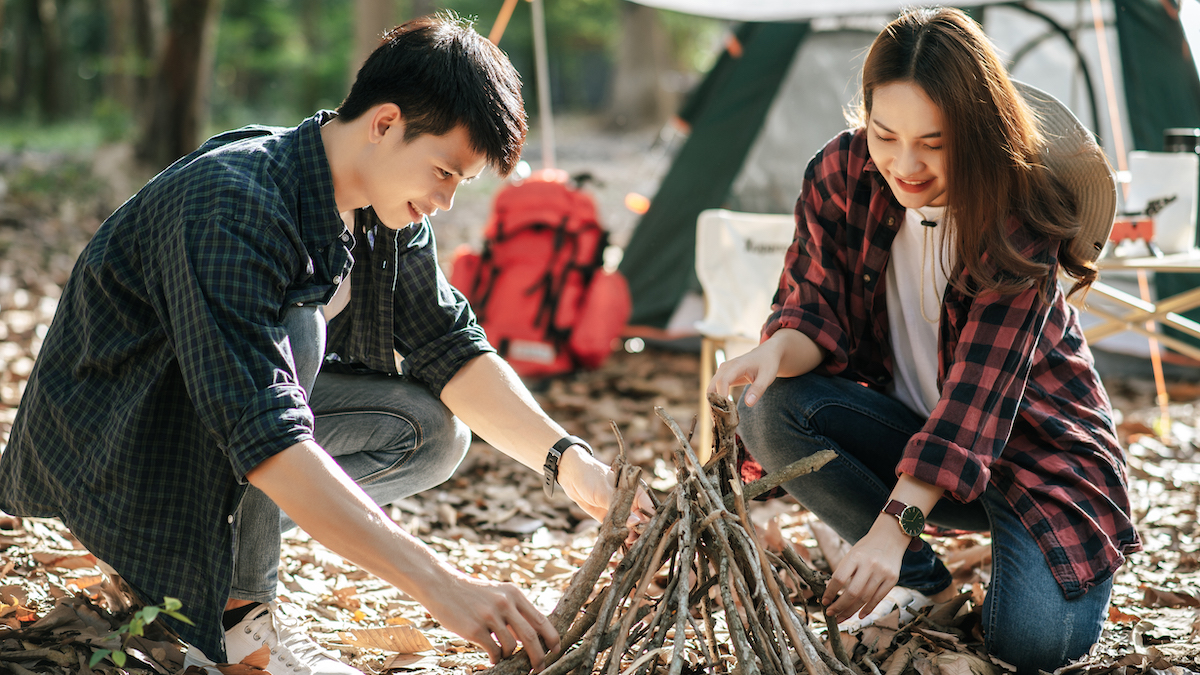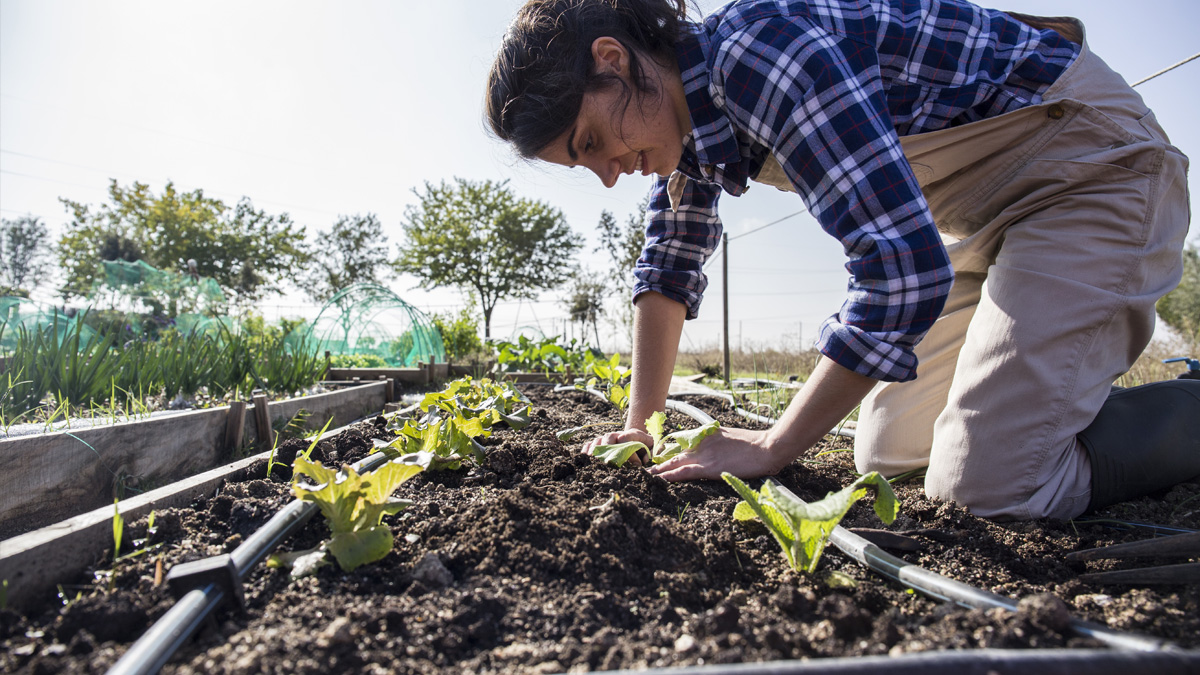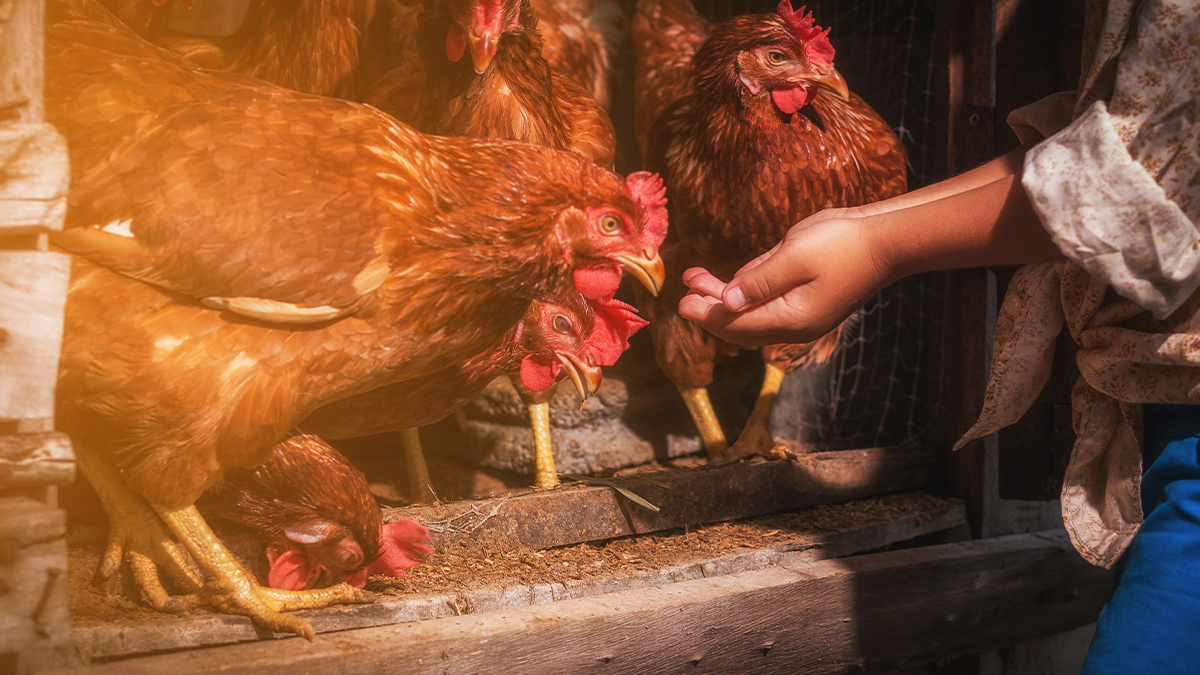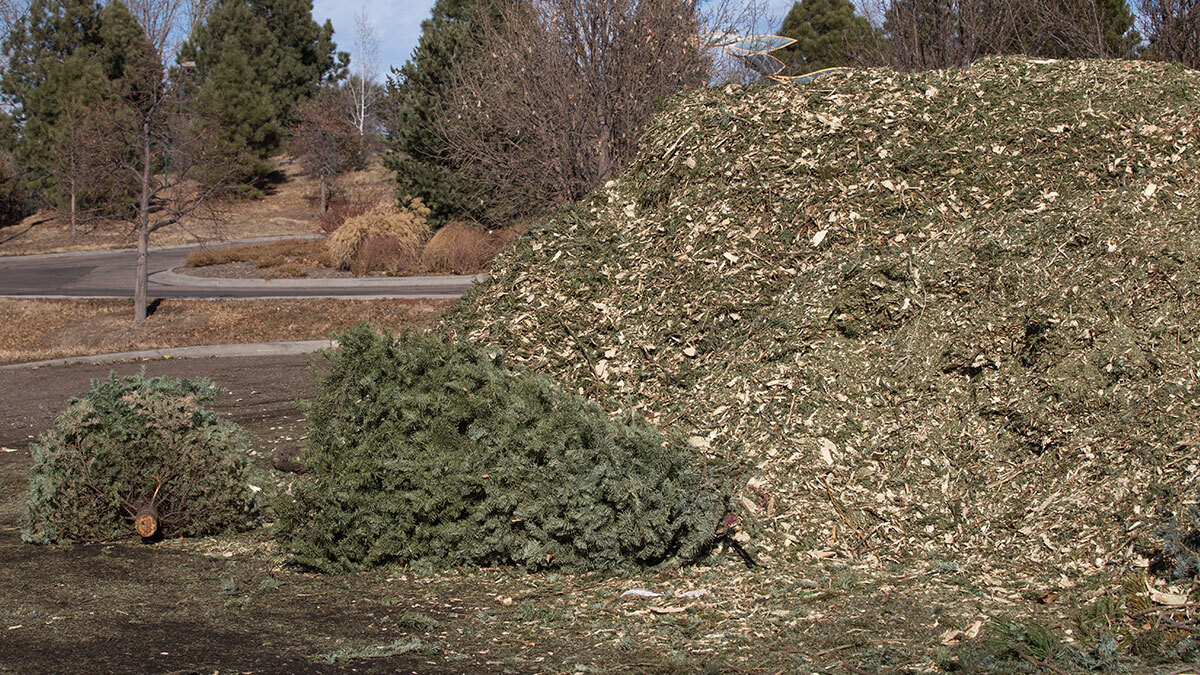on
My husband and I joke about how spoiled our kids are by today’s living conditions. They have no concept of life before the internet – let alone life without electricity or indoor plumbing. That’s why we threaten to turn the lights off and teach them pioneer skills.
While we joke about it, we know that the early pioneers deserve our respect. They entered new territories and built communities from scratch.
Pioneer skills included knowing how to meet basic needs without stores or YouTube instructional videos.
They had to dig holes for toilets. They had to learn which berries they could and could not eat. They had to build shelter using only what they brought or found in the wilderness.
Could you do the same?
You will become more self-sufficient if you master the same types of pioneer skills. You will no longer rely on grocery stores or catalogs. You won’t rely on others for assistance.
Look through this list of 15 pioneer skills for self-sufficiency to see which ones you can master and teach your children in the new year.
1. Raising Livestock
One of our foremost needs is food, which is why it isn’t a surprise that our first group of pioneer skills deals with food.
Let’s start with raising livestock.
Early pioneers had to raise their own livestock in order to eat.
Learning how to raise chickens is a great start. You can raise chickens just for the eggs or for butchering.
[Related Read: How to Make Your Own Livestock Feed]
2. Butchering
Butchering is one of the pioneering skills that gets lumped in with raising livestock.
However, it is a different skill.
For example, not everyone who raises livestock uses it as food.
However, for those who plan to raise livestock to be more self-sufficient, learning how to butcher an animal is critical.
The early pioneers understood the importance of butchering correctly in order to get the safest and best cuts of meat.
Moreover, they made a point not to let anything go to waste, which included carefully butchering to save parts, such as skin and bones, that could be used in other ways.
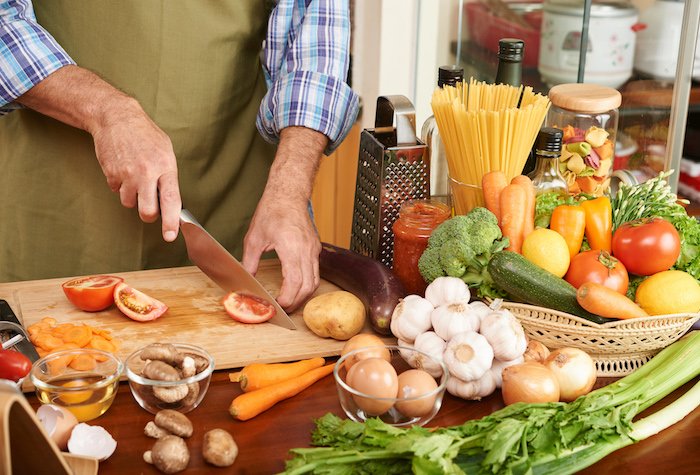
3. Cooking from Scratch
The early pioneers had no choice but to cook all their meals from scratch.
For most of us, this is a choice.
However, if you want to be more self-sufficient, cooking from scratch is one of the pioneer skills you must master.
Learn how to bake bread and cook stews without anything pre-prepared.
4. Starting a Fire
Many of the younger generations have no idea how to start a fire.
This is one of the pioneer skills that has been neglected but will prove lifesaving. Not only does fire provide heat, but it is necessary for cooking.
The early pioneers had to know how to start a fire without a match or a lighter. They would rely on something like flint striking steel to produce a spark.
Once there was a spark, they would then have to build the fire using whatever tinder they could find and keep it going.
5. Cooking over a Fire
The early pioneers relied on fires to cook all their meals, and they did much more cooking over their fires than roasting hot dogs and s’mores.
The pioneers had to start a fire and build it in a way that would allow them to cook over it, such as a teepee with a frame above to hang a pot.
In addition to building it correctly, the pioneers also had to make sure to maintain the right temperature for the food to cook correctly.
Invest in a cast-iron skillet and practice cooking over an open flame on your next camping trip to develop this pioneer skill.
6. Hunting and Fishing
Again, food was a priority for the early pioneers.
Since they were in new territory, they had to find food on their own, using their hunting and fishing skills.
Along with knowing how to hunt and fish, they also knew how to track animals, which made hunting easier.
While hunting and fishing are often viewed as hobbies today, they really lend themselves to self-sufficiency.
If you know how to hunt and fish, you can find food even in desperate situations.
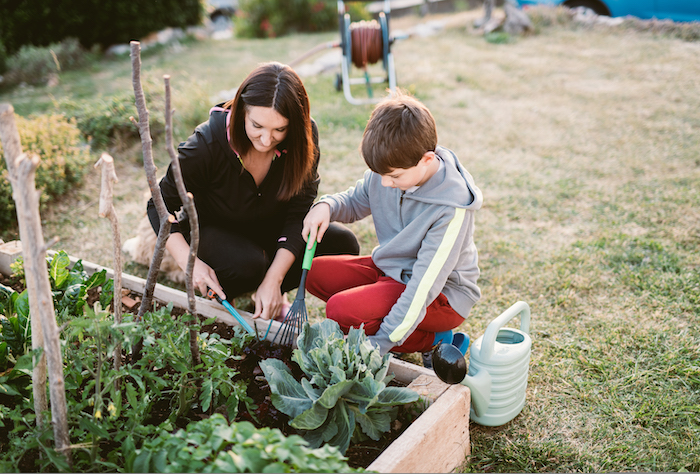
7. Growing Your Own Food
We all know how important growing their own food was for early pioneers. The first Thanksgiving was a celebration of their first successful harvest.
Growing your own food is one of the most practical pioneer skills to learn.
Watch any zombie apocalypse movie, and you’ll see the survivors focused on their garden. While this is entertainment, the truth is that if SHTF, those who know how to grow their own food will be leaps and bounds ahead of those who don’t.
8. Preserving Food
Food was precious and could not be wasted.
Therefore, the early pioneers used several different methods for preserving food to ensure they’d have enough to eat even during the winter months.
You can develop these same pioneer skills to keep your pantry full even when grocery store shelves are empty.
Take time to learn some of the following skills:
- Canning
- Dehydrating
- Freezing
- Pickling
- Salting
- Root Cellaring
9. Making Dairy Products
Many pioneers had cows for milking; however, they weren’t milking the cows to only enjoy glasses of unpasteurized milk. That wouldn’t have been a safe choice, given their living conditions.
They used the milk to make other dairy products, such as butter and cheeses.
Whether or not you have a cow, learn how to make dairy products at home to become more self-sufficient.
10. Navigating without GPS
GPS is a great resource – especially if you find yourself lost.
However, there may be a time when you can’t rely on GPS. You may not have your phone with you, or there may not be a signal.
Would you know how to navigate the land using the sun or a compass? The early pioneers did.
11. Finding and Building Shelter
Pioneers are those who settle in a new area, like the settlers on the Oregon Trail or the Mormons who settled in Utah.
When these pioneers arrived, they didn’t arrive to already-built homes. They had to find and build shelter.
They used whatever they found, including mud and logs, to build homes.
In a survival situation, shelter is of utmost importance.
Learning how to find or build shelter will keep you safe in this situation.
Moreover, imagine how self-sufficient one would need to be in order to build a home from the ground up.
[Related Read: Make Your Own Bricks Like the Early Homesteaders]
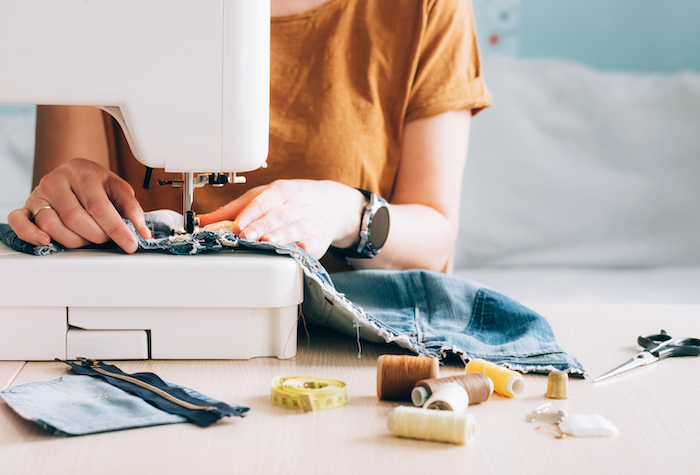
12. Sewing and Mending
Knowing how to sew, make, and mend one’s own clothes is one of the pioneer skills that continues to prove beneficial.
With so many clothing stores available, it is easy to rely on someone else to make what you wear.
But you can save money and embrace your individuality by making your own clothes.
Additionally, knowing how to mend clothing extends the life of them.
13. Treating Illnesses and Injuries
Hospitals didn’t exist in new settlements, pioneers had to rely on their own first aid skills to treat injuries.
For instance, could you make a splint using a branch and fabric?
In addition, early pioneers learned different herbal remedies for treating illnesses.
Do you have an aloe vera plant in your home that you can use to soothe burns?
Take some time to learn basic first aid skills and simple herbal remedies.
14. Cleaning Using DIY Products
One of the recorded pioneer skills many of the women practiced was soap making.
They used wood ashes, water, animal fat, and lye to make soap for cleaning.
Many hobbyists and homesteaders make their own soaps today.
But DIY cleaning products go far beyond soap. Knowing how to use what is in your pantry, such as vinegar and baking soda, to make cleaning products will lead to more self-sufficient living.
15. Being a Jack-of-All-Trades
Ultimately, the pioneers had many skills, enabling them to live self-sufficiently.
Many pioneers knew the art of being a blacksmith so they could weld their own metal tools. It was also common for pioneers to do their own carpentry and wood carving.
Similarly, think about the jobs a handyman or maintenance man performs – electricity, plumbing, etc.
Knowing how to build and repair things on your own makes you self-sufficient and more valuable to your community.
Get access to premium content and more!
17 Winter Homesteading Projects
